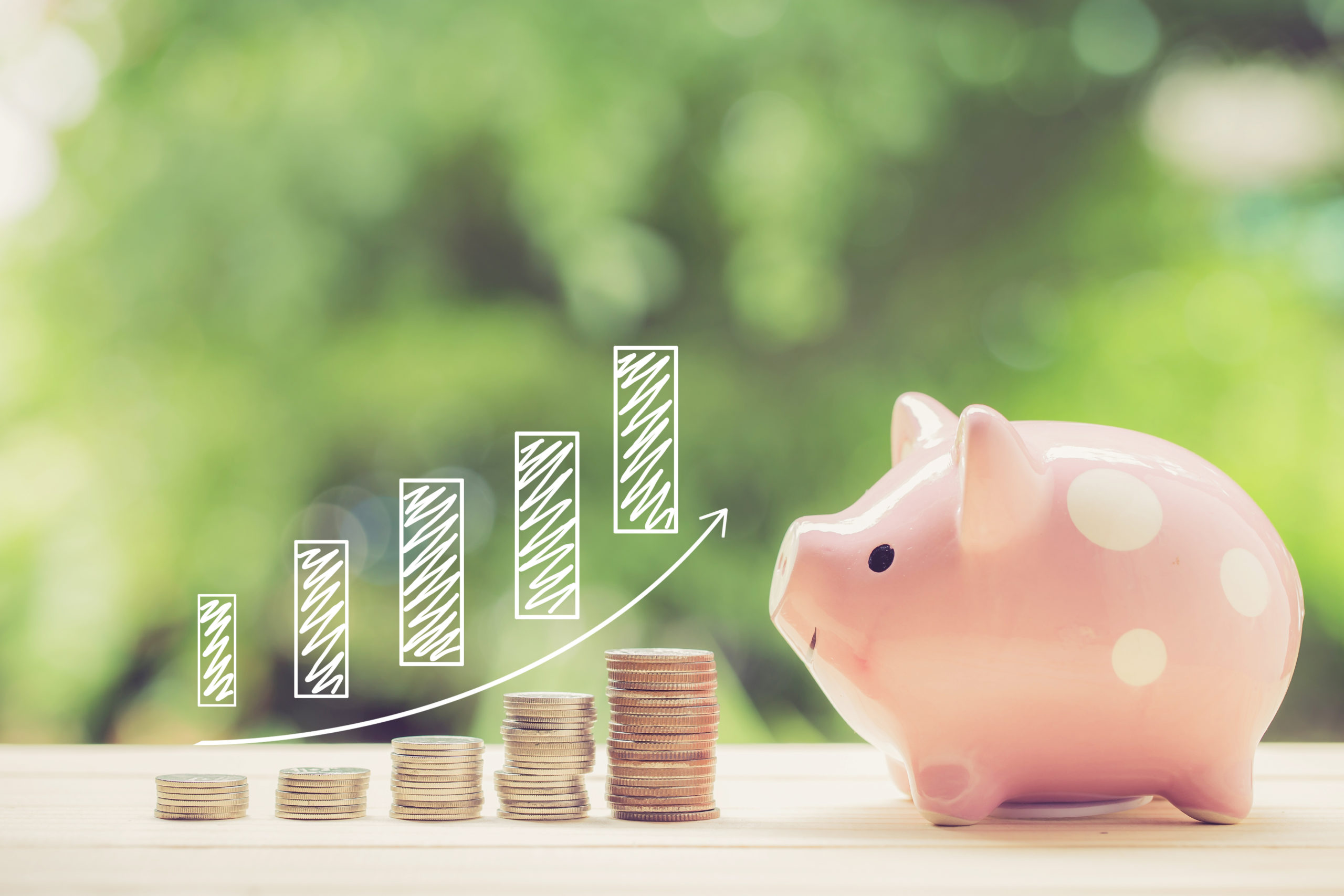Having an emergency reserve is essential for when unexpected life changes happen. Unexpected events can and do happen. Having some extra cash set aside will help you if an occasion arises.
Why Do You Need One?
Unexpected life events can be stressful and costly. Here are some of the most common emergencies people face:
- Job loss
- Medical or dental expense
- Unexpected home repairs
- Car troubles
How Much Should You Have in an Emergency Reserve?
How much you need in your emergency reserve depends on your unique financial situation. Think about what access you will have to money in an emergency.
Cash Cushion: think about areas where you can set some money aside. Saving $5 here or there will add up. Set a goal to have $500 in a fund just in case. Once you have saved $500, aim to increase your savings to $1,000 or two weeks’ pay, whichever is more.
Emergency Fund: ideally, you should have three months of living expenses in your emergency fund. If you need $2,500 a month to cover your basic needs like your mortgage or rent, utilities, gas, and food, then you need $7,500 in your emergency fund.
Seasoned Fund: If you have other people who depend on you financially, like children or a spouse, or if you work in a career with high turnover, you should aim to have six months’ worth of living expenses saved.
Veteran Fund: As you develop a habit of saving and can put more money aside, aim to have nine months of living expenses set aside.
Unsure Where to Start?
Evaluate where you are at and then set a goal. Start by evaluating your spending and cutting some unnecessary items. Do you continually spend $5 on coffee? Instead, opt for making coffee at home and adding $5 to your emergency fund. Are you regularly eating meals out? Prepare food at home and put the cost savings toward your emergency fund. Small budgeting changes can help you slowly grow your funds.

